Bret Whitman: The Spearfactor
Bret Whitman is a spearfishing expert, host of The Spearfactor Podcast, Navy veteran, father, and husband. Bret currently teaches his own spearfishing courses and operates as a spearfishing guide in San Diego, California.
Q: What is your background as a waterman?
A: I was born in Orange County, California and I fell in love with the ocean at an early age. Whether I was surfing or fishing, the goal was to spend as much time in the water as possible. This desire led me to getting SCUBA certified at a very young age. When I was 12, I was first introduced to spearfishing while diving Catalina Island for the first time. I was amazed by watching one diver without any SCUBA gear dive down to 90' hunting for fish and I was immediately interested in this strange new activity.
In 2000, I decided to move down to San Diego to find a job in the marine industry. I was able to land a job working as a diver for the U.S. Navy Marine Mammal Program. This was perfect to aid in my progression as a professional diver and waterman. While at work, I was able to be on the water and often under it 5 days a week as well as traveling to unique places throughout the world as a mine countermeasures expert.
While traveling, I gained a ton of experience working on the water with different special operation forces from around the world. Whether it was diving, dive supervising, or boat driving, I had the opportunity to learn from some of the world’s best in some of the most unique places. These experiences lead my career down a path of working either "in" or "on" the ocean in a professional manner for over two decades.
“ When I was 12, I was first introduced to spearfishing while diving Catalina Island for the first time. I was amazed by watching one diver without any SCUBA gear dive down to 90’ hunting for fish and I was immediately interested in this strange new activity.”
Q: What is the US Navy Marine Mammal Program and what was your involvement in it?
A: The Navy marine mammal program trains Bottlenose Dolphins and California Sea Lions to protect marine waterways and vessels from enemy divers and underwater mines. Additionally, we also used Sea Lions for object recovery. The program is based out of San Diego, but we used to deploy all over the world including the Persian Gulf during the War in Iraq.
I started working for the program in March 2001 and I left in June of 2012. For about 10 years of that time I’ve specifically worked with dolphins on a mine finding team. On our team, I've fulfilled the role as a diver, trainer, and dive supervisor. Sometimes in a day you could start off with being a diver for one dolphin then switch out and be the primary trainer for the next session, then end up either supervising the next dive session or diving the boat for it. There were less than 10 of us on a team so you got a lot of experience very quickly.
Q: What is your current job?
A: I am a Navy contractor working as an underwater drone expert supporting Naval Special Warfare. The drones ended up replacing the dolphins which is why I switched from animals to robots back in 2012.
Q: How has your background in the military helped you with spearfishing?
A: I think the biggest thing I did for me was give me access to like-minded individuals. In the private sector, there are so many more people to search through before finding someone similar to your goals and mindset. The military tends to streamline the process.
Q: What attracts you to spearfishing?
A: For me it’s something completely opposite to all other sports I have done. Most of the sports that I have participated in have been full contact, intense combative sports. Spearfishing actually forces you to get rid of all intensity. It's quiet and slow.
Q: How long have you been spearfishing for?
A: I’ve always been in the water in some way, shape, or form, either through surfing or diving on SCUBA. I started spearfishing more and more in 2001 when I began working at the Dolphin Program. You really had to love the ocean and embrace it because we spent so much time on the water. I met a couple of like-minded people through that job who became my dive buddies over the years. In 2015 I would say that I went a little crazy with Spearfishing and really started to take it more seriously since I got a nice boat for myself. Before, I had an aluminum 16 foot boat that I would take out to the kelp beds in Point Loma, but we didn’t take it far because it had a small leak. We used to joke around and call it The Death Trap.
Q: What is your favorite part of spearfishing?
A: I would say the hunting aspect of it. You have to focus and move in a certain way because you never know what is going to swim in front of your face. It could be a world record one day.
Q: What is some advice for someone who wants to get into spearfishing?
A: I would say there’s a few things you could do to help you progress.
Get a mentor. Find someone to take you under their wing. Try to avoid the blind leading the blind scenario.
Join a freediving/spearfishing club. This will help you with finding a mentor.
Be patient. This is a process and it just takes time to develop your techniques.
Take a freediving & spearfishing course to help with the diving and hunting aspects.
When you are in the water, slow down at everything you do.
Q: What’s the most dangerous situation you've been in while spearfishing and how did you use your training to get out of it?
A: There’s a few situations that come to mind. Some involve boats, and some involve sharks. The one that really sticks out escalated very quickly and could’ve been bad. It was getting late and there were a large number of sharks around. The sharks are getting more and more fired up with every fish we shot. Finally, my friend shot a nice rainbow runner, which is a favorite meal for reef sharks, and I swam down to get a hold of the fish and stake my claim over it before the sharks did. As I tried to grab the fish, I ended up getting tangled in my float line and began splashing crazy on the surface in my arms. Through the white water I could see Sharks darting back-and-forth getting more and more aggressive. I was afraid that if one of them decided to go for the fish I would get bit in the process which could cause a feeding frenzy that I would have a front row seat too. Fortunately for me the fish actually tore off my friend's shaft and took off with several sharks chasing after it. After that we called it and got back in the boat.
Q: What is your fondest spearfishing memory?
A: I actually have two. They mainly involve very special fish along with very special friends to help land the fish and the whole process. One of my fondest memories was when I shot my largest Dogtooth Tuna in Guam with my friends helping me land it. It really took a team effort and couldn’t have done it without them. Another memory that sticks out is when I went Bluefin Tuna fishing for the first time. It was truly incredible to get surrounded by a School of 200 pound plus tuna circling you. My friend ended up shooting a 210 pound Bluefin that day and it took all of us in the water an hour to get it in the boat. It was really a special memory to be a part of that as well.
Q: What would you say is the most challenging part of spearfishing?
A: For me I would say the diving aspect. I was plugged with throat squeezes any time I went past 60 feet. Throat squeezes occur when the air condenses down due to pressure and causes ruptured blood vessels and your throat to where you come up spitting blood. I had to do a lot of research and stretching in order to remedy this issue.
Q: Who are your heroes?
A: I can’t say I really have too many heroes in general, just people that I look up to and respect for a variety of reasons. One of the major things that I look for is genuineness in people. I have several friends that I look up to for different reasons. Some are doctors, some are entrepreneurs, some are younger than me, and some are older than me, but they all have one thing in common: they want to continue to grow and push themselves in different areas of their life, always striving for more. I really respect that about people who are like that. It is very inspirational.
Q: What is one thing that every spearfisherman can do to be safer on and in the water?
A: I would say staying grounded because this applies to both in and out of the water. Don’t do foolish things or push yourself so hard just to try to be famous on social media because you can end up famous for the wrong reasons as well. Probably the safest thing you can do in the water is dive with a buddy that is trained and responsible.
Listen to Bret’s podcast, The Spearfactor Podcast, on Waypoint





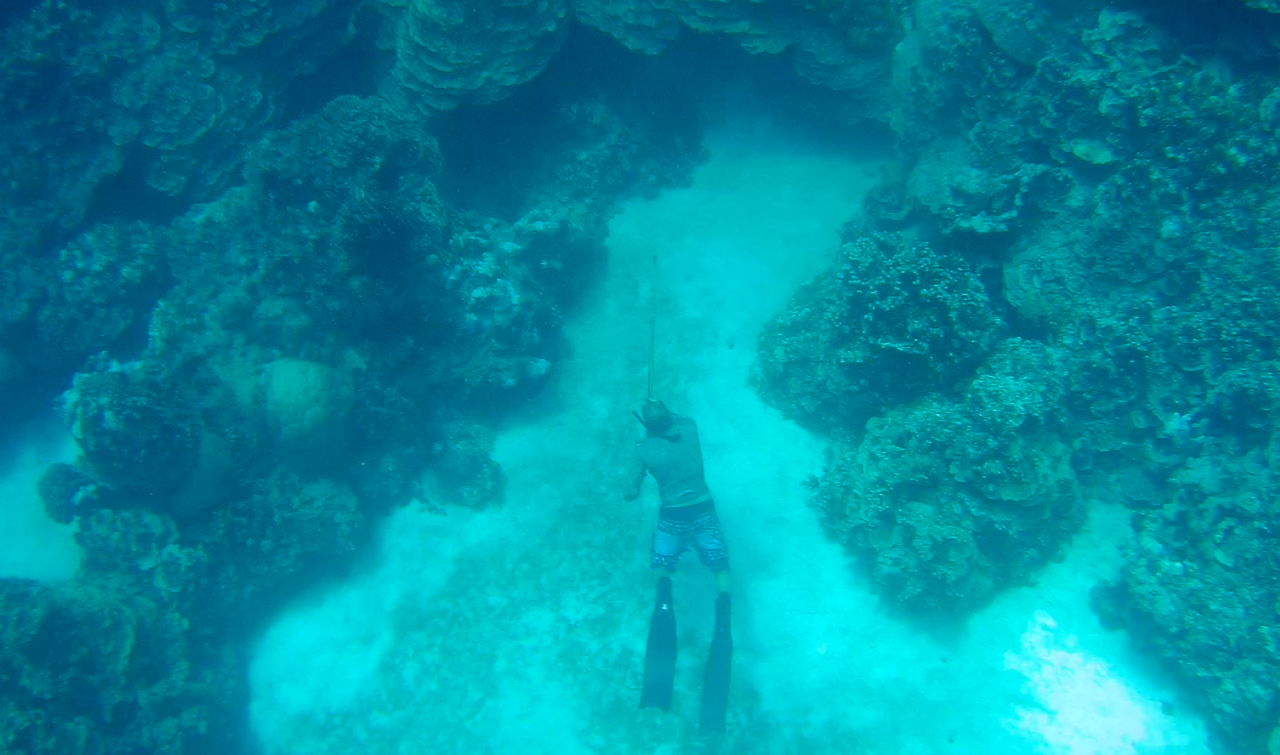

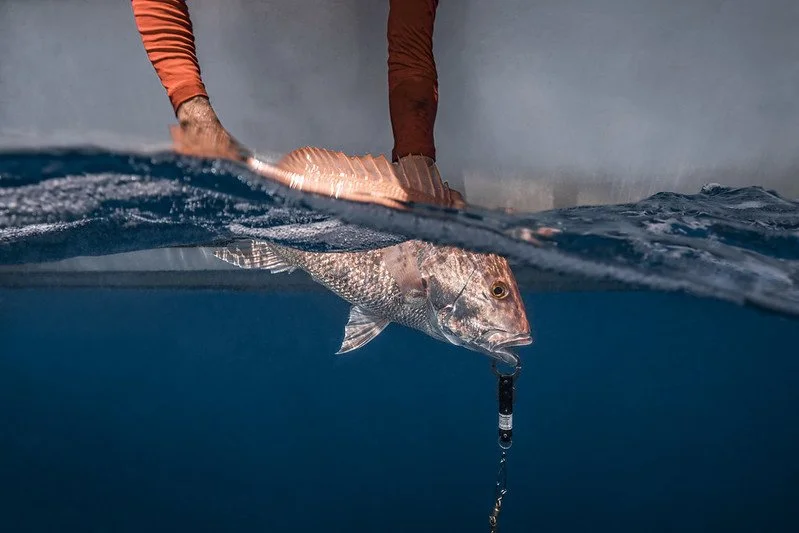
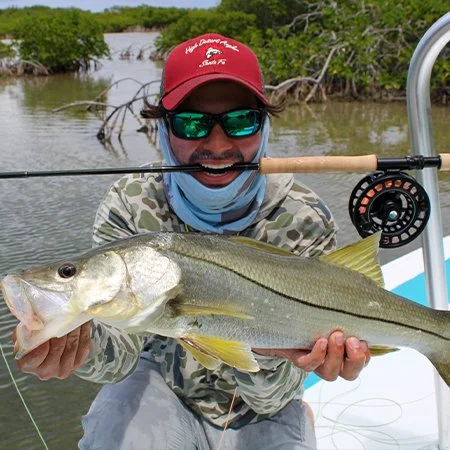






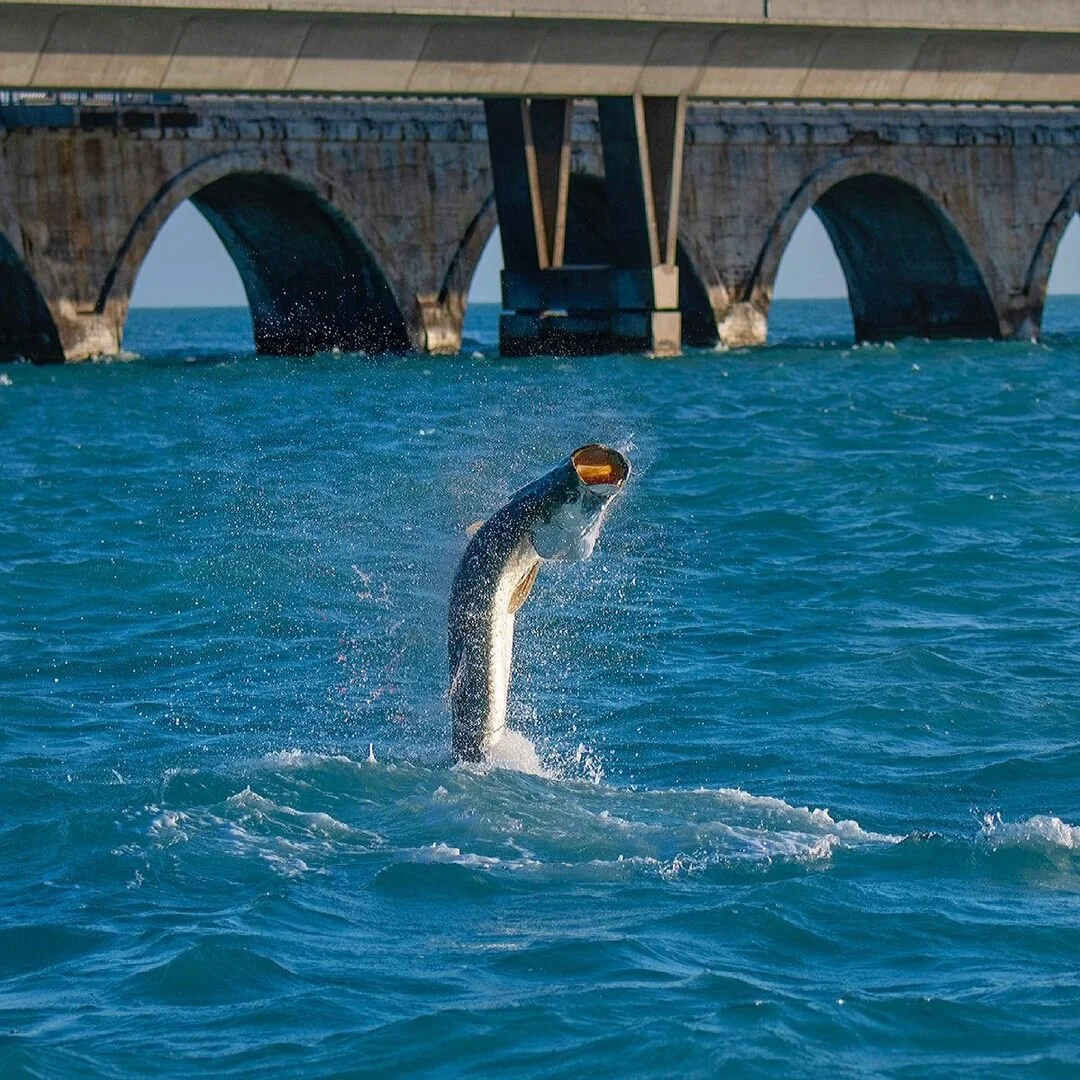


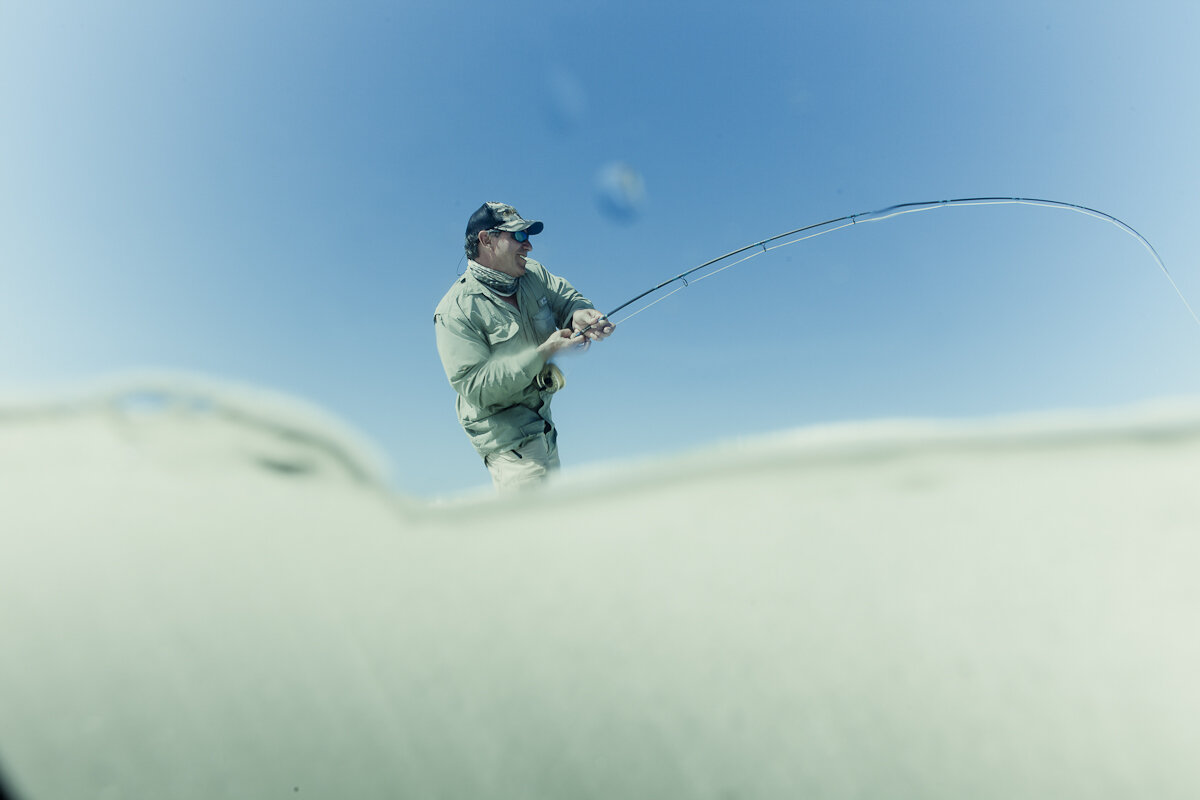














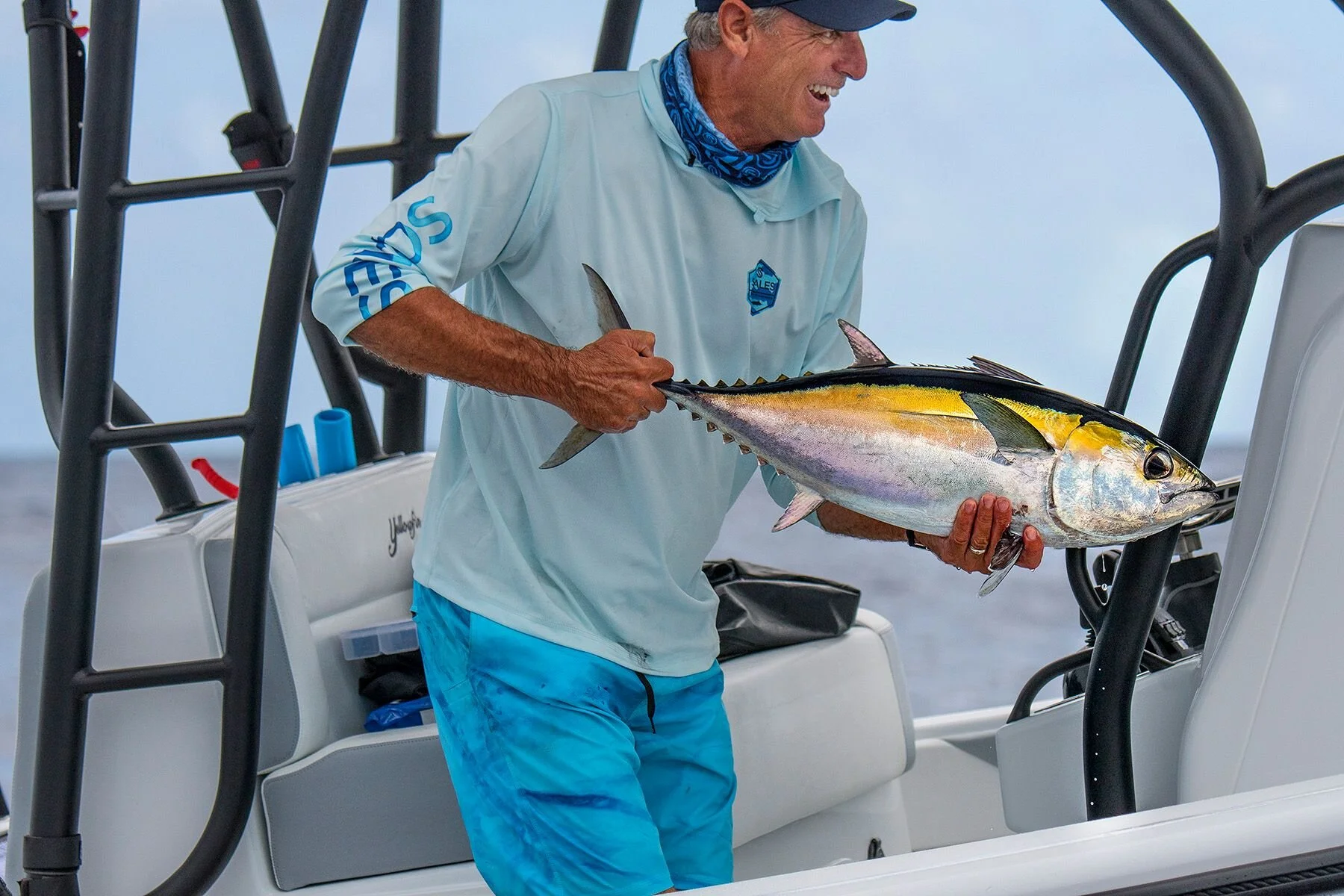




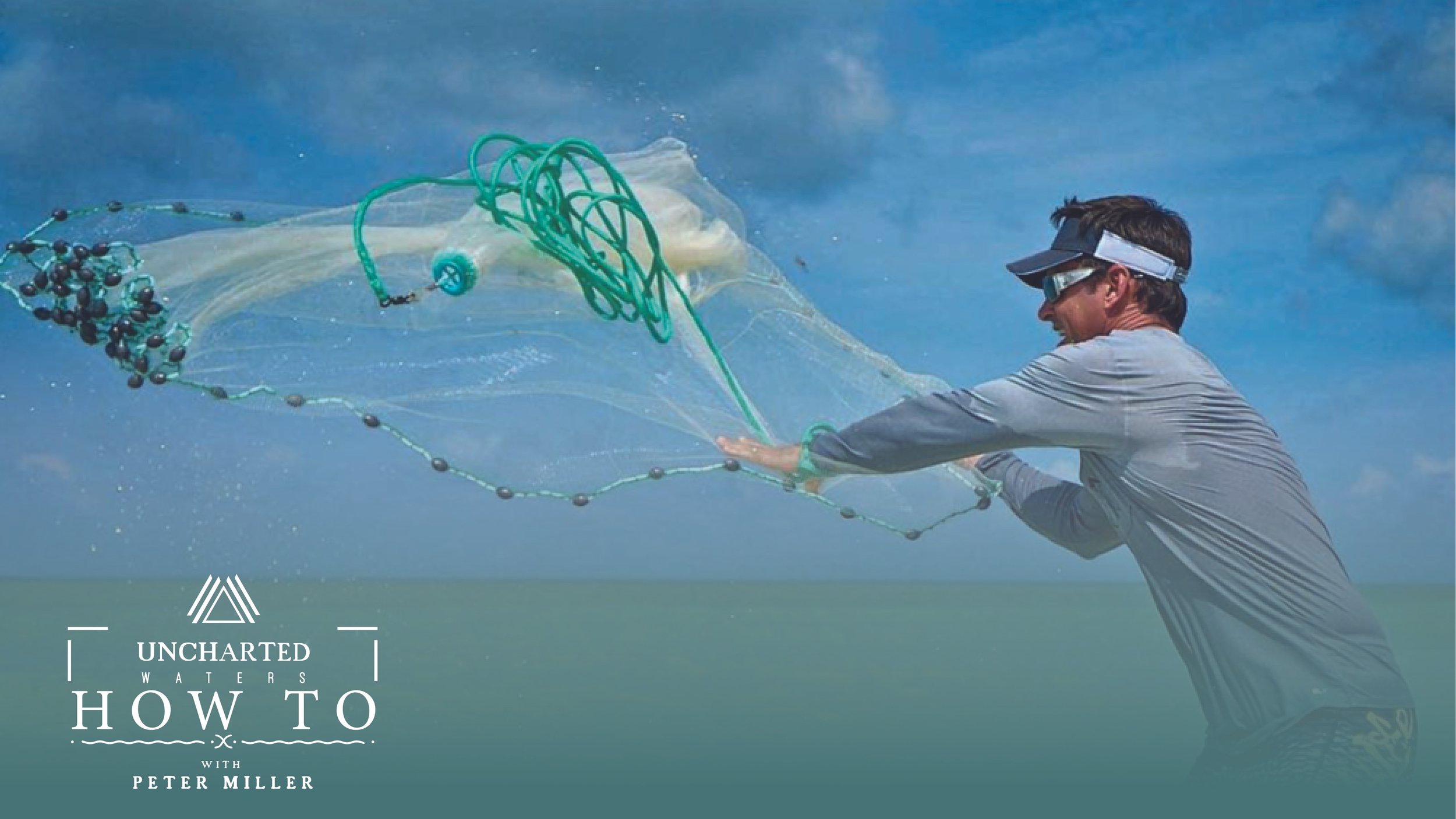




To say that the Everglades and the animals that call it home are at risk would be an understatement. It is vital that we change the way we manage Florida's waters to ensure that we don't lose these precious resources before it's too late. Since 2016, Captains for Clean Water has been fighting to make that change happen. A group of captains in Florida has banded together to ensure that the waters they love are protected.